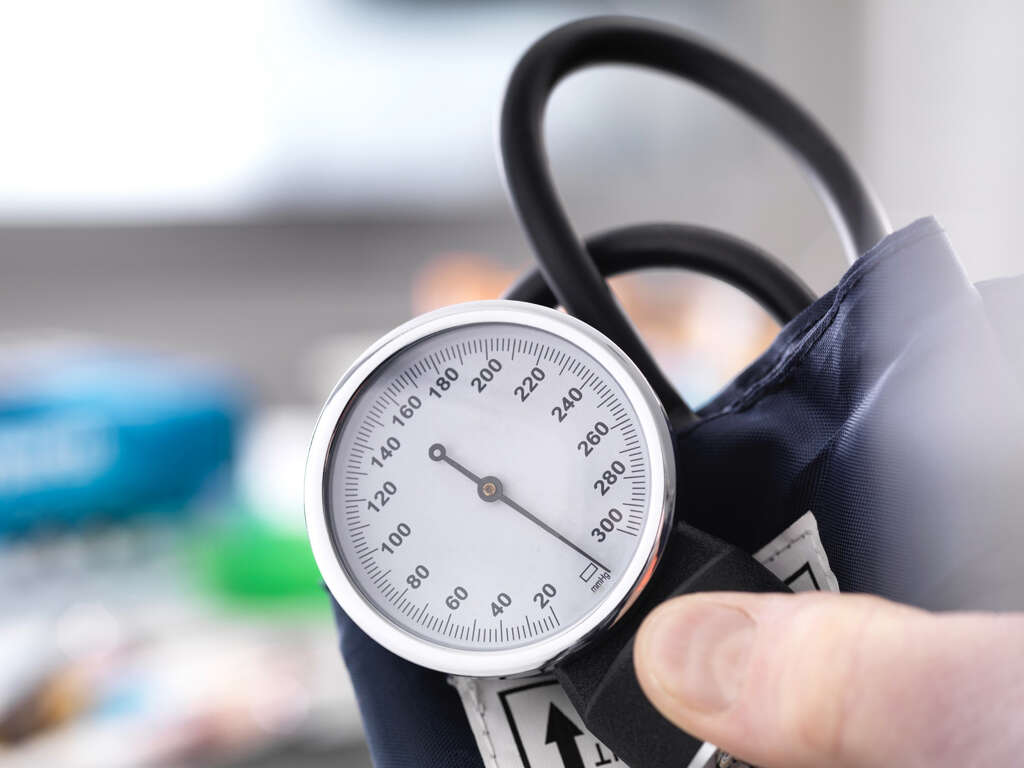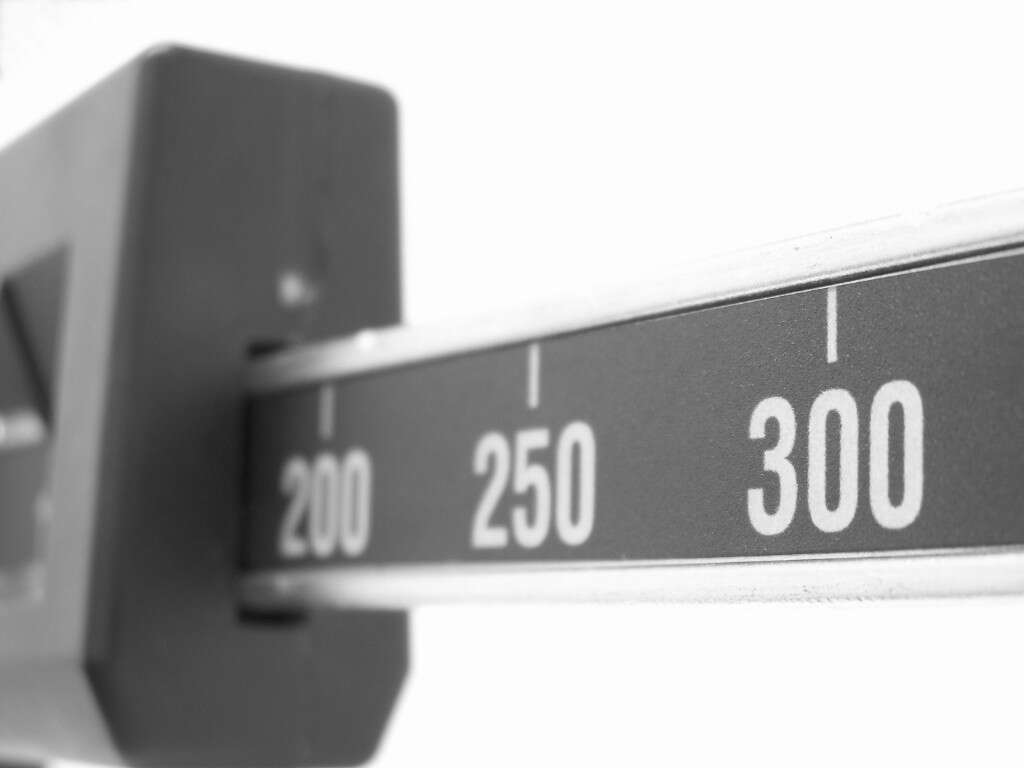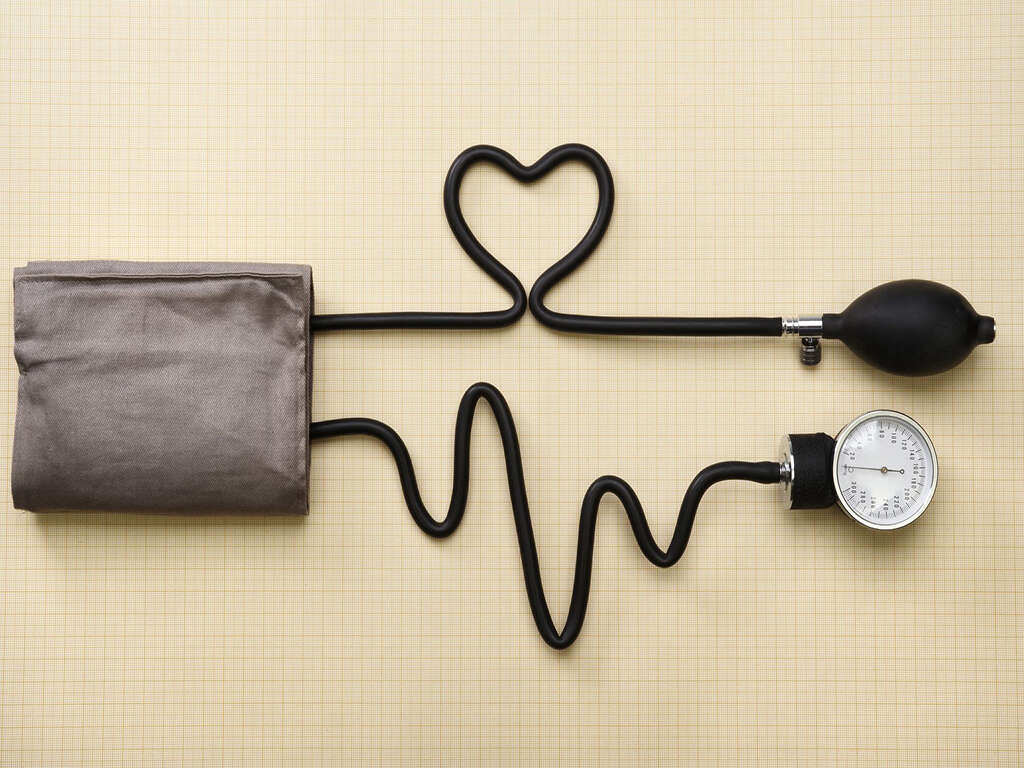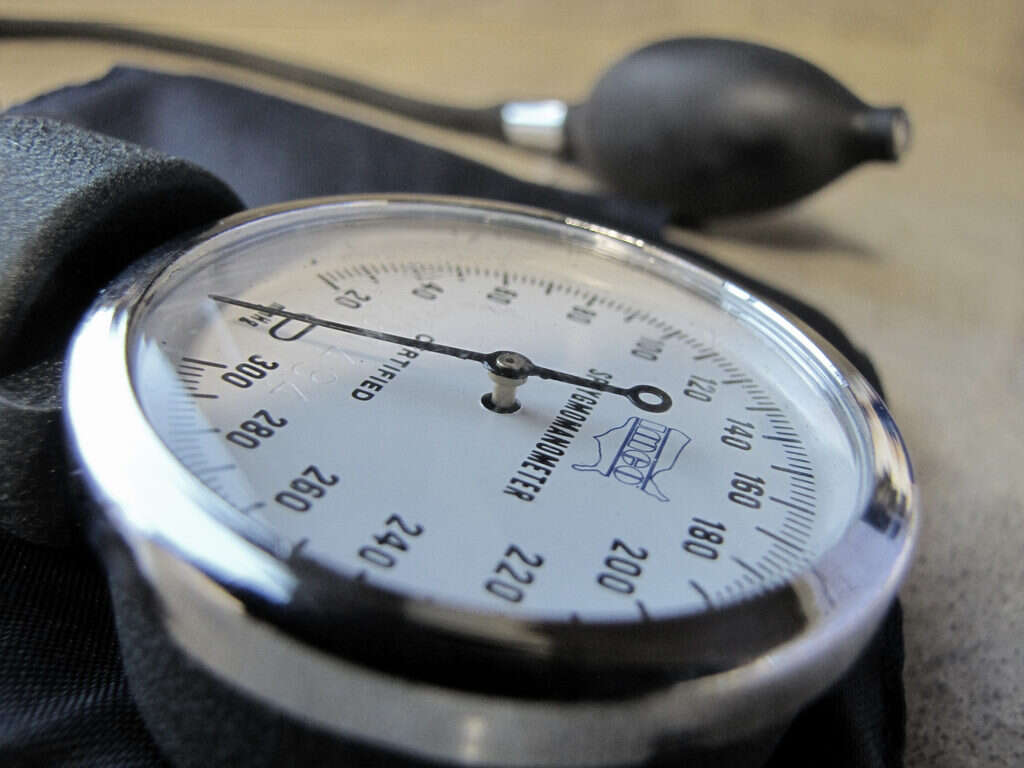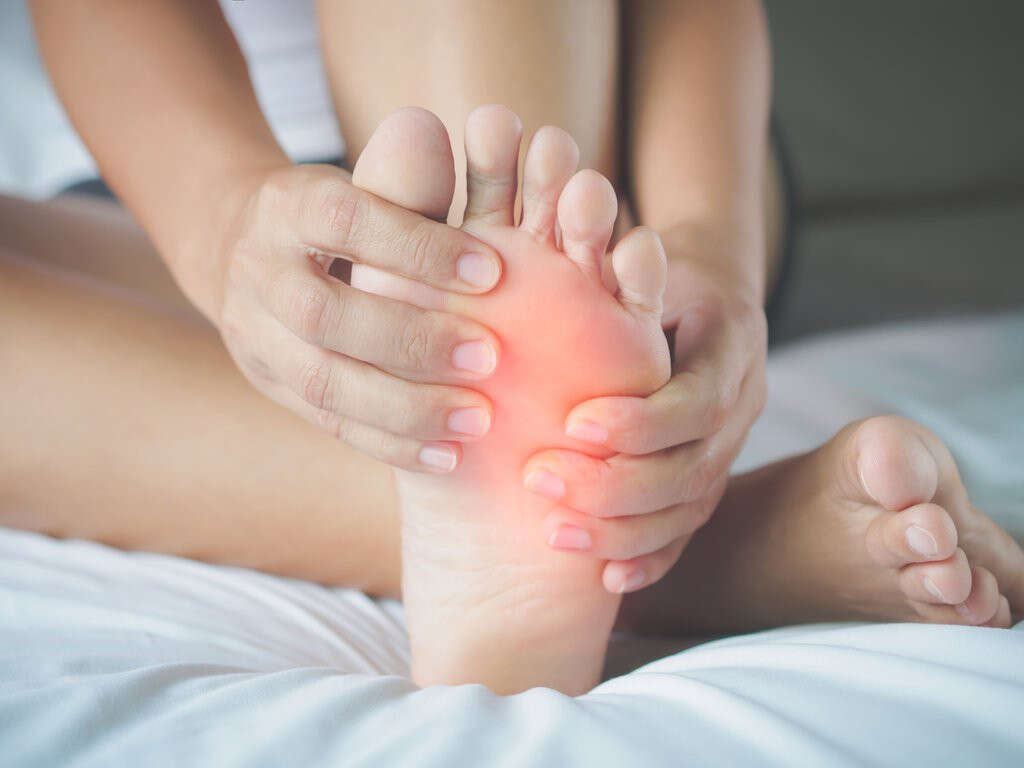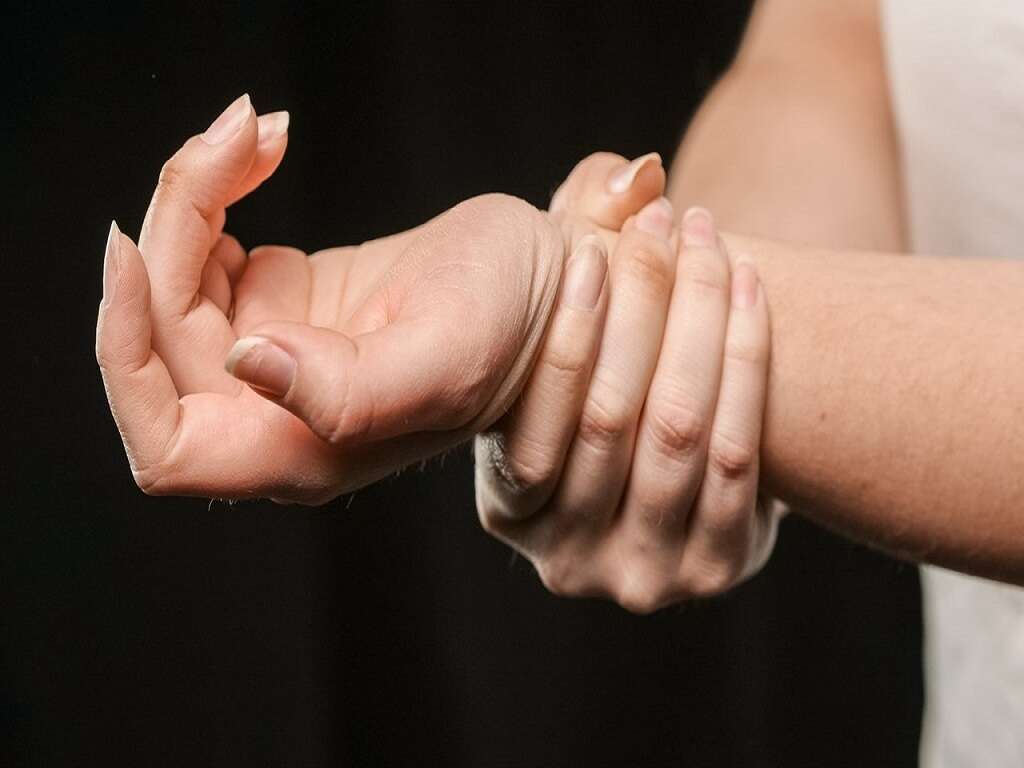Chills, No Fever: Causes, Remedies & More
 Article Sources
Article Sources
- 1. 'Hypoglycemia (Low Blood Glucose). Hypoglycemia (Low Blood Glucose)' | ADA, www.diabetes.org/healthy-living/medication-treatments/blood-glucose-testing-and-control/hypoglycemia.
- 2. 'University Health Service. Anxiety Disorders and Panic Attacks' | University Health Service, uhs.umich.edu/anxietypanic#what.
- 3. 'Drug-Induced Tremor: MedlinePlus Medical Encyclopedia.' MedlinePlus, U.S. National Library of Medicine, medlineplus.gov/ency/article/000765.htm.
- 4. 'Heat Exhaustion.' Mayo Clinic, Mayo Foundation for Medical Education and Research, 10 Nov. 2020, www.mayoclinic.org/diseases-conditions/heat-exhaustion/symptoms-causes/syc-20373250.
- 5. Person, et al. 'Signs You Might Have a Thyroid Problem.' Intermountainhealthcare.org, 24 Oct. 2019, intermountainhealthcare.org/blogs/topics/live-well/2019/09/signs-you-might-have-a-thyroid-problem/.
- 6. 'Malnutrition.' Johns Hopkins Medicine, www.hopkinsmedicine.org/health/conditions-and-diseases/malnutrition.
Chills are how people's bodies respond when they get cold. It's the body's way of producing heat. Specifically, the chills come from an individual's muscles contracting and relaxing rapidly to generate that heat.
Often, a person gets chills accompanied by a fever when they have a virus like the flu. However, if a person experiences chills and no fever, they may wonder why. There are several causes of chills with no fever. Plus, there are ways to remedy this unpleasant symptom when it develops, and it helps to know when to see a doctor.
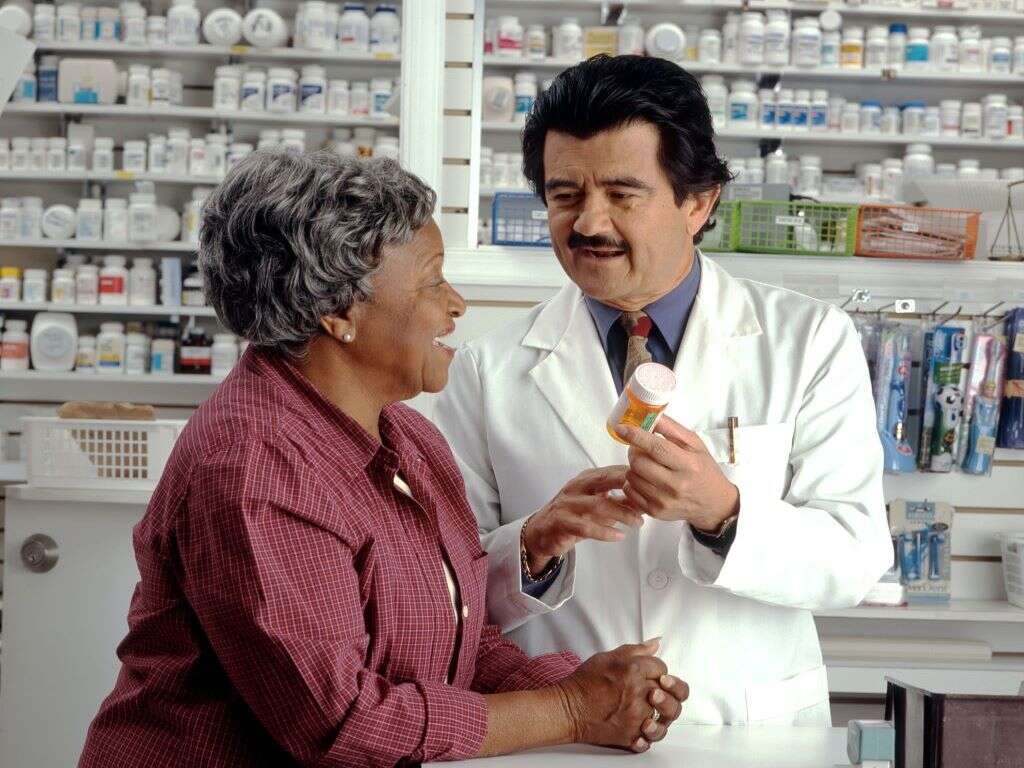
1. Low Blood Sugar
People's blood sugar fluctuates throughout the day as they consume food and burn energy. A person usually doesn't notice this constant increase and decrease in blood sugar levels as long as it stays within the normal range.
However, a decrease that causes sugar levels to drop below the normal range could cause symptoms such as nausea or jitteriness. A person might feel anxious or irritable, and they could also experience the chills and a headache. In addition, it's possible that the individual may feel excessively hungry, tired or weak.1‘Hypoglycemia (Low Blood Glucose). Hypoglycemia (Low Blood Glucose)’ | ADA, www.diabetes.org/healthy-living/medication-treatments/blood-glucose-testing-and-control/hypoglycemia.

2. Anxiety
Anxiety is a term that describes nervousness, dread or fear. It happens to most people at certain times, such as starting a new job. However, for some, anxiety is a recurring issue, and it can interfere with the person's life.
When someone has anxiety, they may tremble, sweat or get the chills. The anxiety can affect their breathing and heart rate as well. Some people might even faint or feel dizzy.2‘University Health Service. Anxiety Disorders and Panic Attacks’ | University Health Service, uhs.umich.edu/anxietypanic#what.

3. Medication Side Effect
An individual could have chills because of a medication. This stems from the muscles and nervous system responding to the drug.
Some examples of medications that cause chills include cancer medications like thalidomide and cytarabine. Seizure medications such as valproic acid are known to cause chills in some people. In addition, an individual could develop this side effect from a heart medication, mood stabilizer, antiviral or antibiotic, just to name a few.3‘Drug-Induced Tremor: MedlinePlus Medical Encyclopedia.’ MedlinePlus, U.S. National Library of Medicine, medlineplus.gov/ency/article/000765.htm.

4. Heat Exhaustion
Heat exhaustion occurs when someone's body overheats. It's most common when there's high humidity in the air, but a person may also develop it from strenuous activity or from being outside in the heat for a prolonged period.
This issue may cause a person to feel faint or tired. Their pulse may become either weak or rapid, and muscle cramps and nausea can occur. Moreover, it's possible that a person will get chills as their body tries to cool itself.4‘Heat Exhaustion.’ Mayo Clinic, Mayo Foundation for Medical Education and Research, 10 Nov. 2020, www.mayoclinic.org/diseases-conditions/heat-exhaustion/symptoms-causes/syc-20373250.

5. Hypothyroidism of Other Hormonal Imbalances
The thyroid is a gland that produces hormones to regulate heart rate and body temperature. When a person has hypothyroidism, they have an underactive thyroid, which means they don't make enough hormones.
If a person has a decrease in thyroid function, they may experience chills. Other possible issues include menstrual changes in women. A person might feel tired, even after a full night's sleep. Other symptoms include hair thinning and mood swings.5Person, et al. ‘Signs You Might Have a Thyroid Problem.’ Intermountainhealthcare.org, 24 Oct. 2019, intermountainhealthcare.org/blogs/topics/live-well/2019/09/signs-you-might-have-a-thyroid-problem/.

6. Malnutrition
Malnutrition occurs when a person doesn't receive an adequate amount of nutrients. The person may have multiple, significant vitamin, mineral or other nutrient deficiencies.
When a person suffers from this issue, they may experience chills and feel cold frequently. It also causes skin changes, particularly pale or dry skin, and they may bruise easily. In addition, malnutrition affects a person's joints and hair and might even attribute to night blindness.6‘Malnutrition.’ Johns Hopkins Medicine, www.hopkinsmedicine.org/health/conditions-and-diseases/malnutrition.
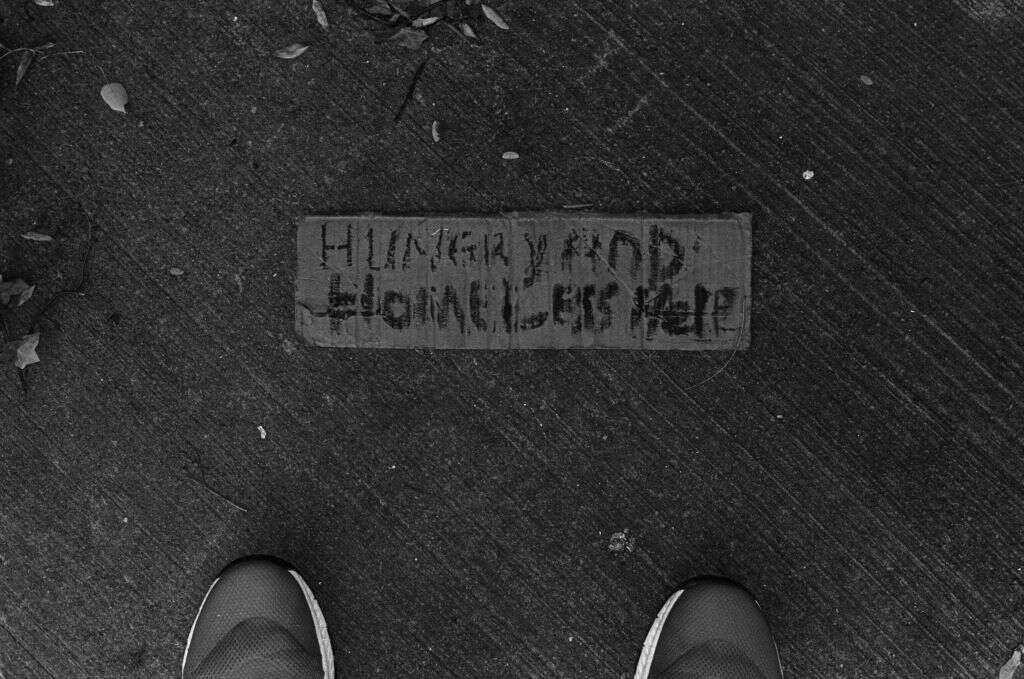
7. Improve Nutrition
People should change their diet if the chills are caused by malnutrition. Specifically, an individual should start eating balanced meals each day that are rich in protein, some healthy fats, complex carbohydrates, vitamins and minerals.
If someone is struggling to eat or has a loss of appetite, they should visit a physician. The individual may need intravenous fluids to replenish nutrients. The physician can also determine the root cause of the appetite loss or another issue that's interfering with a person obtaining nutrition.6‘Malnutrition.’ Johns Hopkins Medicine, www.hopkinsmedicine.org/health/conditions-and-diseases/malnutrition.

8. Investigate Recent Medication Changes
If a person is experiencing chills from a medication they started taking recently, they should talk to their doctor. While side effects can be temporary as a person's body is adjusting to the medication, some may continue the entire time they take the medication and can have long-term effects.
A doctor can determine if the drug could cause the side effect and if the benefit outweighs the side effect or if there's another option.
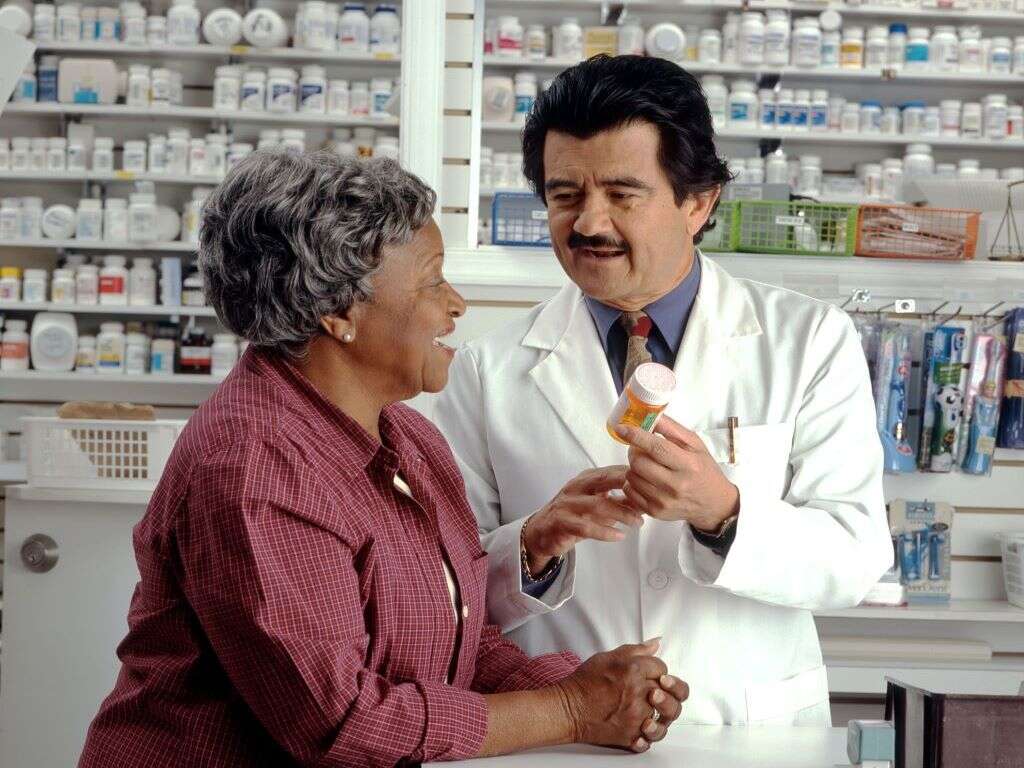
9. Stay Hydrated & Regulate Time in Extreme Heat
A person should regulate the amount of time they spend outdoors when it's very hot. An individual may want to invest in an air conditioner to keep the temperatures inside their home comfortable when it's hot outside.
When someone needs to spend a prolonged amount of time in the heat, they should stay hydrated and take breaks from the heat as often as possible. These tips can help prevent heat exhaustion.

10. Talk to a Physician
If the cause of the chills isn't related to malnutrition, a temporary decrease in sugar levels or heat exhaustion, a person should talk to their primary care physician. The doctor can determine the underlying cause by listening to the patient and conducting necessary testing.
Additionally, if a person thinks the cause is hypothyroidism, it's vital to visit a physician. The practitioner can determine if that's the problem and provide the necessary treatment. Keep in mind that hypothyroidism isn't self-treatable.5Person, et al. ‘Signs You Might Have a Thyroid Problem.’ Intermountainhealthcare.org, 24 Oct. 2019, intermountainhealthcare.org/blogs/topics/live-well/2019/09/signs-you-might-have-a-thyroid-problem/.




